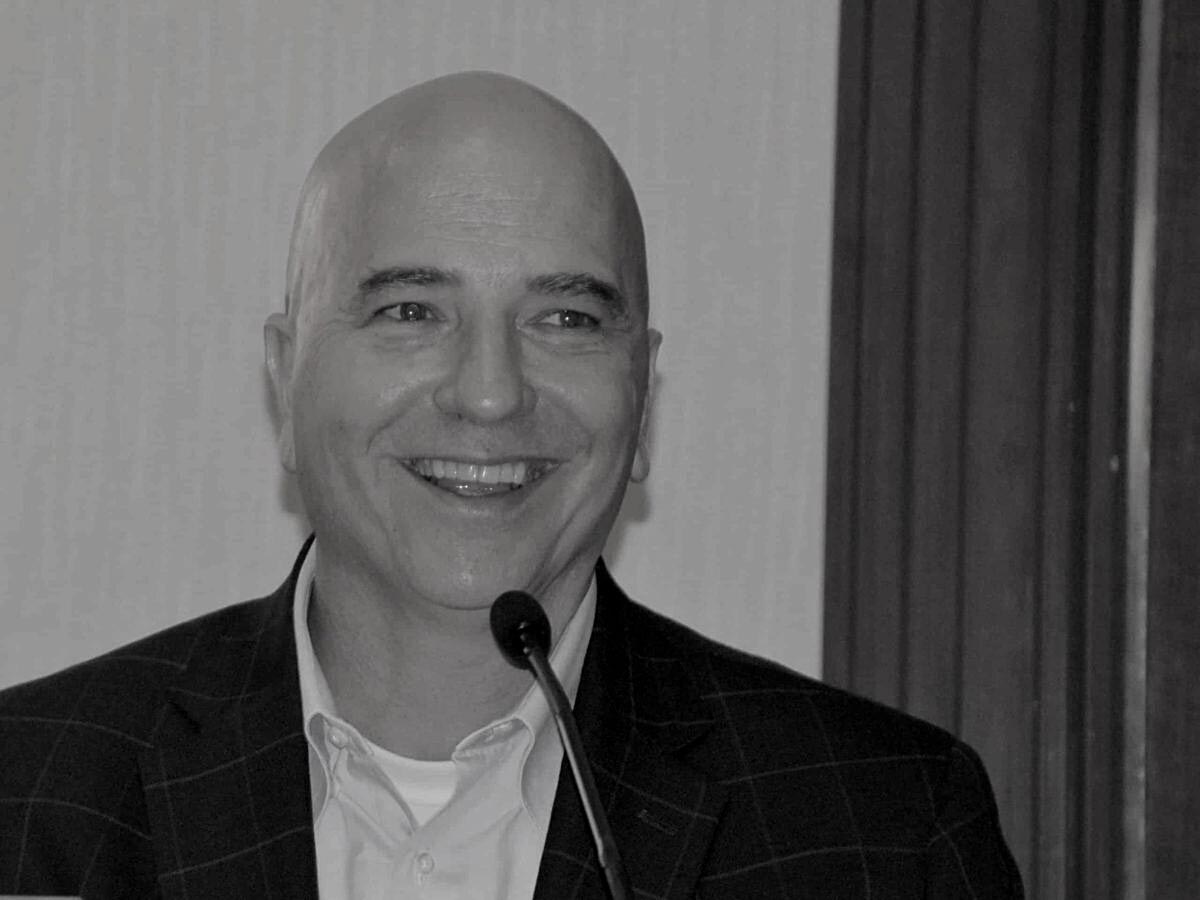No More, “The Way We Used to Do It!”
After 30 years in higher education administration, it is evident that I could have never prepared enough to deal with the rapid change and the complexity that evolved in all educational sectors and the world as a result of the COVID-19 Pandemic. Within two short weeks the world around us was changing and the challenge of leading a college through this change seemed “almost” impossible. I changed… our students changed… our faculty and staff changed… and our normal day to day practices, that we all were accustomed to and took for granted, disappeared.
During week one, when COVID-19’s potential devastating impacts became apparent, I literally felt like I was breathing from a straw, … but then it was very clear that everyone was looking to me for what we were going to do hour by hour as a college. Trying to gather your thoughts, worrying about what was going to happen to you, your family, your friends and your community was overwhelming and nothing else seemed to matter. Then finally, after the misery of week one released me, I got my head up and began the process of surveying, thinking, planning, listening, and leading.
The most striking aspect of this entire crisis was when I realized that no one had definitive answers to any of my questions. This is when I truly realized that it was time to systematically and strategically move the college and all those that were counting on us to the next day… and the next day… and the next day. There was no guide, there was no playbook… just instincts that have been built over a career and the ability to reassure our entire college that “We Had This!” At that point of desperation, panic, and feelings of incompetence, things began to come into focus for me. However, the outside noise of the “what if’s” and “non-essential worries” would sometimes create resentment toward those that I needed to raise their heads up to lead with me. It also made me value those individuals more than ever.

Re-Thinking Leadership, Through the Lens of Crisis
There is no question that the education systems that we have built over the past centuries have now changed forever. We had no choice in this matter and yet maybe the change is exactly what our systems needed. We have learned how to communicate better, how to work smarter, how to operate more efficiently, and how to effectively deploy the old nemesis of change into our daily thought patterns. We, as a society, are beginning to distinguish those things that really matter from those that we perceived to matter due to our culture.
Educators will have a responsibility to lead in the future to assure that technology and broadband accessibility are no longer the divide that holds our children and our communities back from reaching their greatest potential. Educators also now realize that our skills in technology must be a priority for us all if we are to accomplish our missions. The light shines brightly into the core of an organization during times like these and reveals our deficiencies as well as our greatest strengths. Learning from a crisis must occur if we are to do our part for the recovery and re-invention of a future that provides hope and prosperity for generations to come.
“We had no choice in this matter and yet maybe the change is exactly what our systems needed.”
I Am Learning A LOT!
Here are some lessons learned during the heart of this crisis regarding the value of an educational credential as we transition from the darkest times to a future filled with hope:
- *Teaching and Learning will remain a central core to a healthy society. Although it doesn’t stop due to crisis situations, it must be adaptable to shift in order to continue its value and maintain its quality.
- Our systems have to change, and our ability to deliver quality in an accessible environment that focuses on the well-being of our students must be a core commitment.
- Using centuries-old educational habits to herd students through a structured, inflexible system no longer fits into tomorrow’s promise of providing value to our citizens.
- Students need socialization as a part of their educational journeys and it is our responsibility to create innovations that may be very different from “the way we have always done it” to provide those opportunities.
- Investments in education should be calculated with a focus on the return on those investments for our communities.
- Partner with your community at much stronger levels to have critical conversations about the community’s needs and how our systems of education can deliver on those needs effectively, efficiently, and with superior quality within the impact of change.
- Listen to your stakeholders (businesses, government, employees, students, and citizens) and be willing to shift your focus based on what is valued as their world has changed.
- Build strong infrastructures to create lasting value and to elevate those that seek your services to achieve their dreams.
- Share your collective experiences as a community to find solutions and to be better prepared for the next crisis that may come our way.
Live Through This; Learn; Re-Think; Adjust
In summary, all of us must take this tragic crisis and learn from its chaos, its pain, and its devastating impacts to bring hope and a new sense of urgency to understanding what things are really important as we recover.
Educational systems must be focused on the “what’s next” for our students. No longer is it acceptable to just celebrate completion of our credentialing and tell our graduates/completers “Good Luck”. Educators must develop on and off ramps for our students that are easily accessible, known widely among the community, and valued by our culture.
Investments in programs like K-64 (https://www.k-64learning.com) that are forward-thinking, innovative, and assured every student in our county had access to devices and connectivity prior to this pandemic are worth a second look due to the lessons we all have learned.
Together, we have been changed…and together, we can overcome this crisis.

This article was written in honor and memory of Mark Story, CEO of K-64, for his passion, commitment, innovative thinking, … and most of all, the care that he showed for all of those that he served in his time here with us.
Garrett D. Hinshaw, Ed.D.
President, Catawba Valley Community College